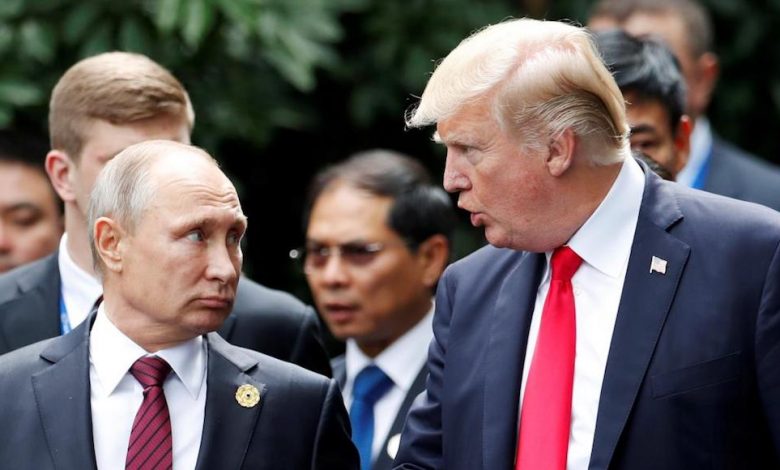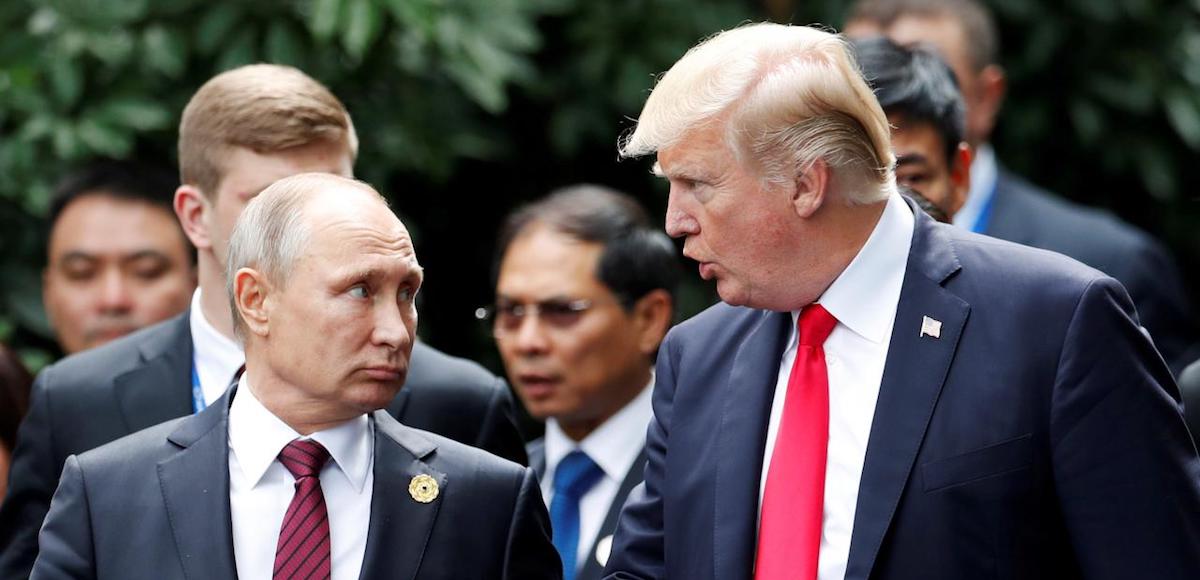

Scrambled communications between air-traffic controllers and pilots. Commercial and military aircraft falling from the sky. Was it connected to Russia or North Korea? Was a response to the removal of Russian diplomats on American soil? As of this time, we are yet to learn the ultimate goal of the recent WannaCry attack, which appears to be a case where hackers leveraged the infamous WannaCry ransomware to attack vital airplane production equipment that first targeted Boeing’s Charleston, S.C. production plant.
Before the attack took place, President Trump made an emphatic statement on his position regarding the Russian government when the administration green-lighted the expulsion of 60 Russian diplomats. The diplomats, which were mostly working in the State of Washington, near a U.S. Navy submarine base and a Boeing aircraft factory, were given a week to comply with the order as of March 26.
Russia has denied involvement in previous outbreaks of the WannaCry malware, which has attacked hundreds of thousands of computers worldwide. Detained Russian hacker Konstantin Kozlovsky has claimed that employees of the Federal Security Service (FSB) of Russia supervised the development of the WannaCry and Lurk threats.
The most recent outbreak affected a Boeing production plant in Charleston, South Carolina on March 28th, according to a report from the Seattle Times. In response, Boeing’s Chief Engineer Mike VanderWel sent out a company-wide memo calling for "all hands on deck."
The memo read, "It is metastasizing rapidly out of North Charleston and I just heard 777 (automated spar assembly tools) may have gone down." The fear exists that the malware may infect equipment used in functional airplane tests and could eventually cause catastrophic damage by spreading to airplane software.
The Trump administration initially blamed the WannaCry outbreak on the cyberterrorism unit of North Korea. WannaCry mainly affected Windows 7 systems that failed to install a critical patch and its spread starting last May caused global panic as hospitals in the UK were hacked in the initial wave of the attack.
Within weeks, the ransomware was infecting systems in more than 150 countries.
Has the administration procured new intelligence confirming Russian involvement?
Kozlovsky was also quoted describing WannaCry as just one of the "products" Russian government hackers had created under state supervision. "When I watched a TV report, where they told about WannaCry, I saw a very similar locker [ransom extortion software]. It was people from my team who made a 'muzzle' for this malware. The 'muzzle' is what is displayed on the computer screen as it becomes locked," Kozlovsky said.
The goal of FSB hackers is to infiltrate networks via a single computer, elevate its administrative privileges, and then, "gain access to the administrator's domain and halt the company's activities of any size with a single click," according to Kozlovsky.
In a measure of retaliation, Russia will now expel 60 United States diplomats and announced plans to close the US Consulate in St. Petersburg, according to Russian Foreign Minister Sergey Lavrov. The 60 diplomats include 58 from the U.S. mission in Moscow and two that are currently serving in Yekaterinburg. The Russian government has declared them persona non-grata for alleged activities that are "incompatible with diplomatic status," the ministry said, and has ordered them to leave the country by April 5.
This international high-stakes game that is developing in real time is already having major foreign policy implications as the U.S. and UK continue to punish Russia with additional sanctions for its alleged involvement in the murder of several of their diplomats. Conversely, North Korea, which was originally blamed for the WannaCry outbreak, is potentially headed for a warming of relations with the United States.
How this is all handled in the wake of a major change at the State Department with former CIA Director Mike Pompeo taking over the Secretary of State position from Rex Tillerson will prove whether President Trump is really putting the "best people" in the most critical of positions.





Leave a Reply
Thank you for your response.
Please verify that you are not a robot.